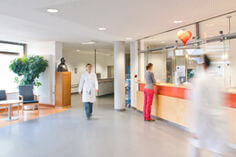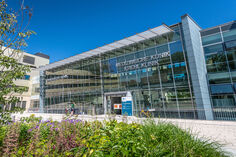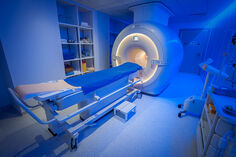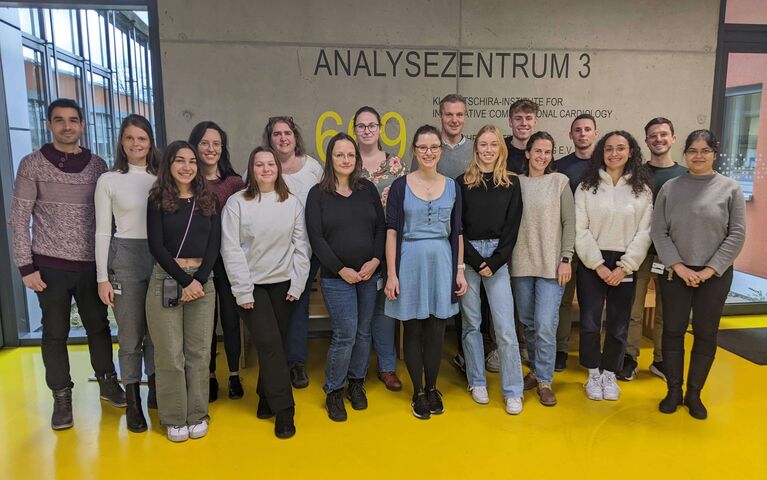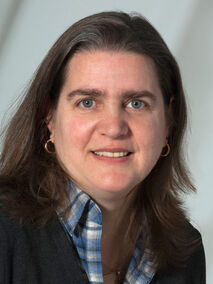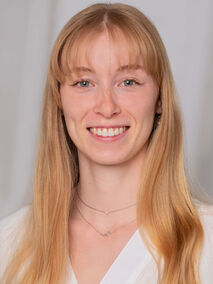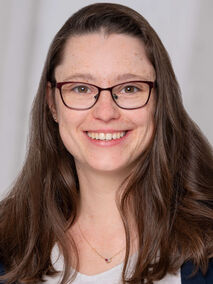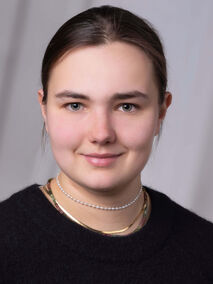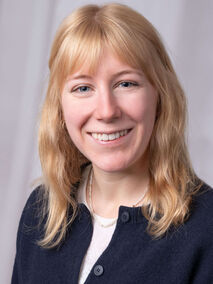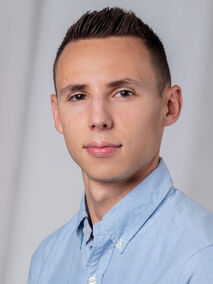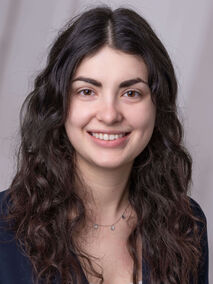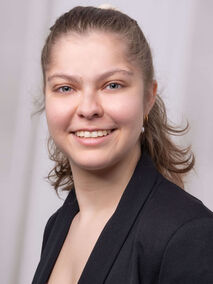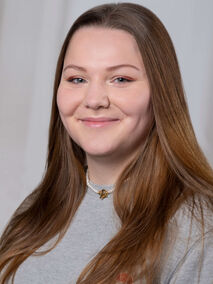- Arbeitsgruppen
- Klinisches Studienzentrum
- Sektion Kardio-Onkologie
- Section of Molecular and Translational Cardiology
- Sektion Internistische Intensivmedizin
- Klaus-Tschira-Institut für Computerkardiologie
- Heisenberg Professur für Immunkardiologie (W3)
- Heisenberg professorship for mRNA metabolismus
- Jun. Professur für Künstliche Intelligenz in der Kardiovaskulären Medizin
- Pregnancy Heart Team: Kardiologie der Schwangerschaft
- DZHK-Standort Heidelberg/Mannheim
- Heidelberg CardioBiobank (HCB)
- Scientific Management and Coordination Unit (SMCU)
- Institut für experimentelle Kardiologie
Heisenberg professorship for mRNA metabolismus
Our research
Our research in the field of experimental molecular cardiology is motivated by the overall goal to establish new therapeutic concepts for the prevention and treatment of heart failure.
We are an enthusiastic team working together on mRNA-binding proteins, mRNA modifications, regulatory structural elements of mRNAs, and on comprehensive characterization of disease-causing genes and protein complexes.
Based on our experiments we aim to develop new therapeutic and diagnostic principles, using mRNA as therapeutic or by targeting mRNA translation. Close interactions with pre-clinical and clinical departments of the University Hospital Heidelberg, local (Heidelberg University, EMBL), national (e.g. DZHK partner sites) and international partners help us in an interdisciplinary approach to identify molecular mechanisms and design future therapeutic possibilities.
Team
Principal Investigator
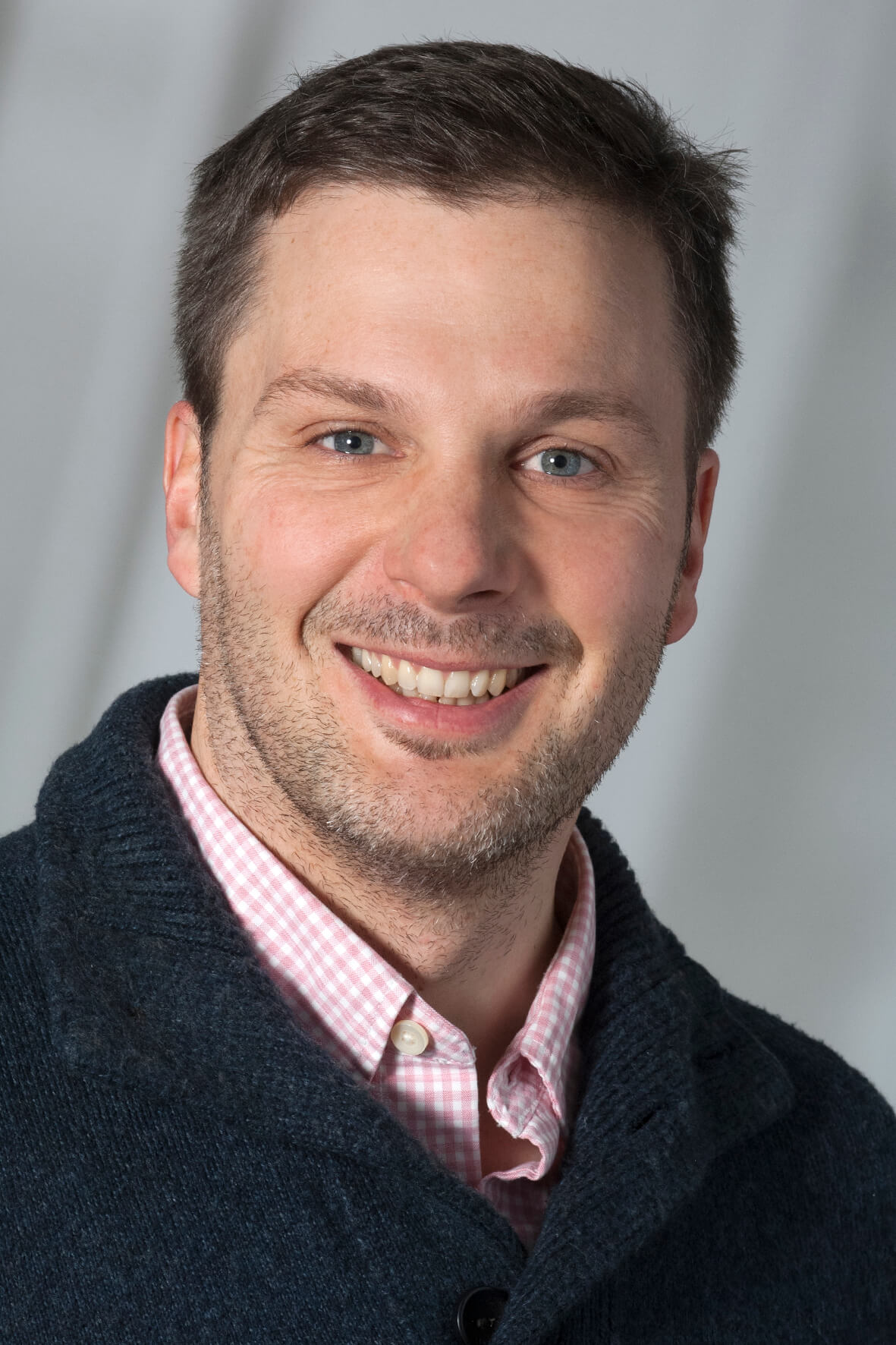
Prof. Dr. med. Mirko Völkers
mirko.voelkers(at)med.uni-heidelberg.de
Mirko Völkers is a Heisenberg Professor at the University Hospital Heidelberg. He studied medicine at the University Heidelberg and started his residency at the University Hospital Heidelberg before moving to the US for his postdoctoral studies in sunny San Diego. After the Postdoc he established an Emmy Noether Research Group in Heidelberg and has been accepted into the Heisenberg Program funded by the DFG. He enjoys to work with an outstanding team in an fantastic environment at the Heidelberg life science campus.
Awards
- 2009-11 DFG-Forschungsstipendium
- Adumed Forschungspreis 2010
- Joachim Siebeneicher Promotionspreis der Universität Heidelberg 2009
- Ludolf-Krehl Preis der Südwestdeutschen Gesellschaft für Innere Medizin 2007
- Young Investigator Award der Deutschen Gesellschaft für Innere Medizin 2004
Scientists
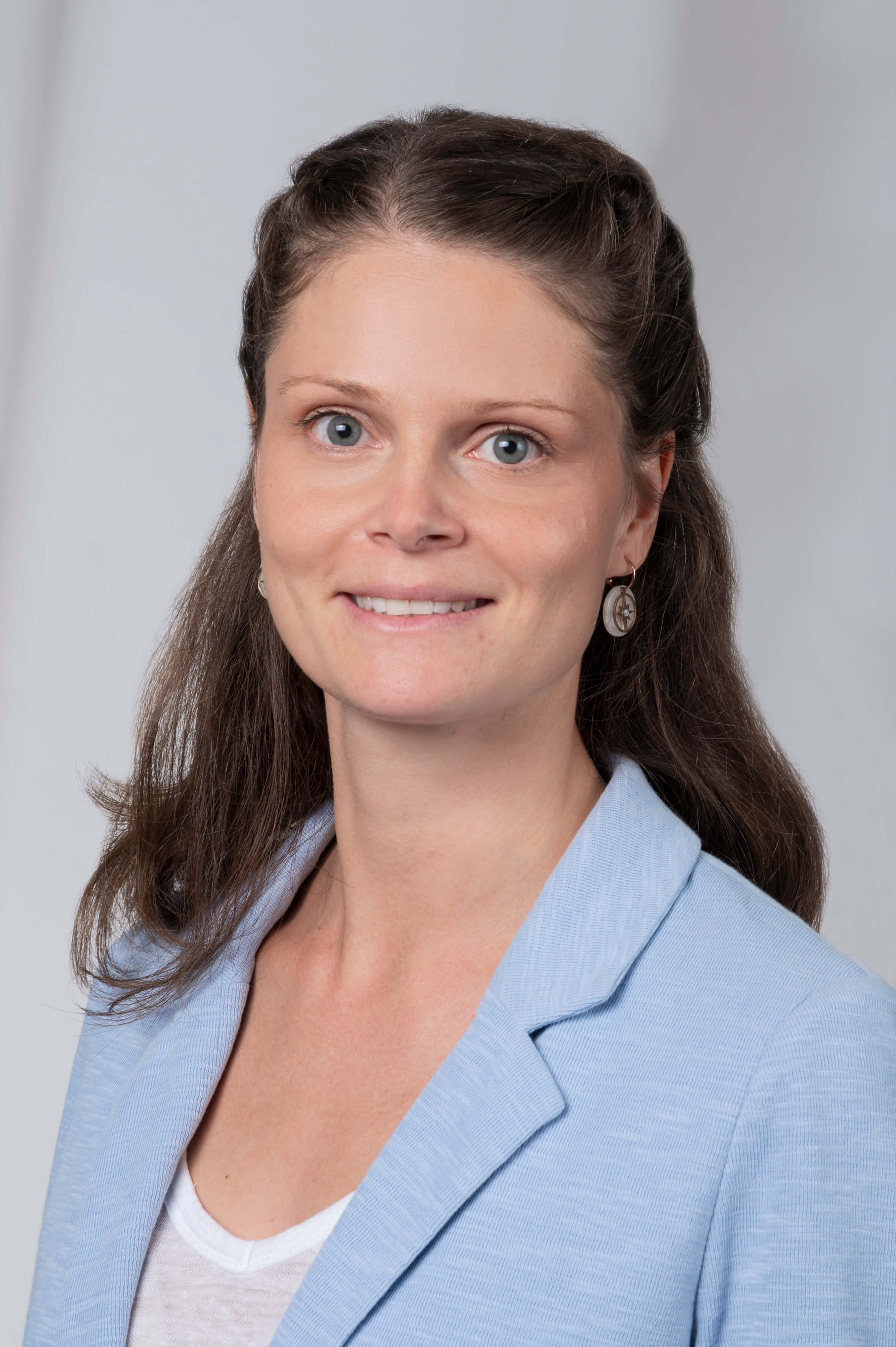
Dr. rer. nat Vivien Kmietczyk, Senior Scientist
Vivien.Kmietczyk(at)med.uni-heidelberg.de
Vivien is interested in post-transcriptional gene expression regulation during heart failure, metabolic processes and mRNA binding proteins in cardiomyocytes. She is also working on sex differences of cardiac diseases and female cardiac health issues.
Awards and fellowships
| 06/2024 | Acceptance into Medical Scientist program of University Hospital HD |
| 06/2023 | Poster Prize at GRC on Epigenetic Regulation of Cardiovascular Disease |
| 07/2022 | Poster Prize at World Congress of International Society for Heart Research |
| 12/2020 | Postdoc Start-up Grant, Deutsche Zentrum für Herz-Kreislauf Forschung (DZHK) |
| 03/2020 | Postdoc grant, Deutsche Gesellschaft für Kardiologie (DGK) |
| 05/-10/2019 | Stipend Graduate academy, Excellence Initiative, University Heidelberg |
________________________________________________________________
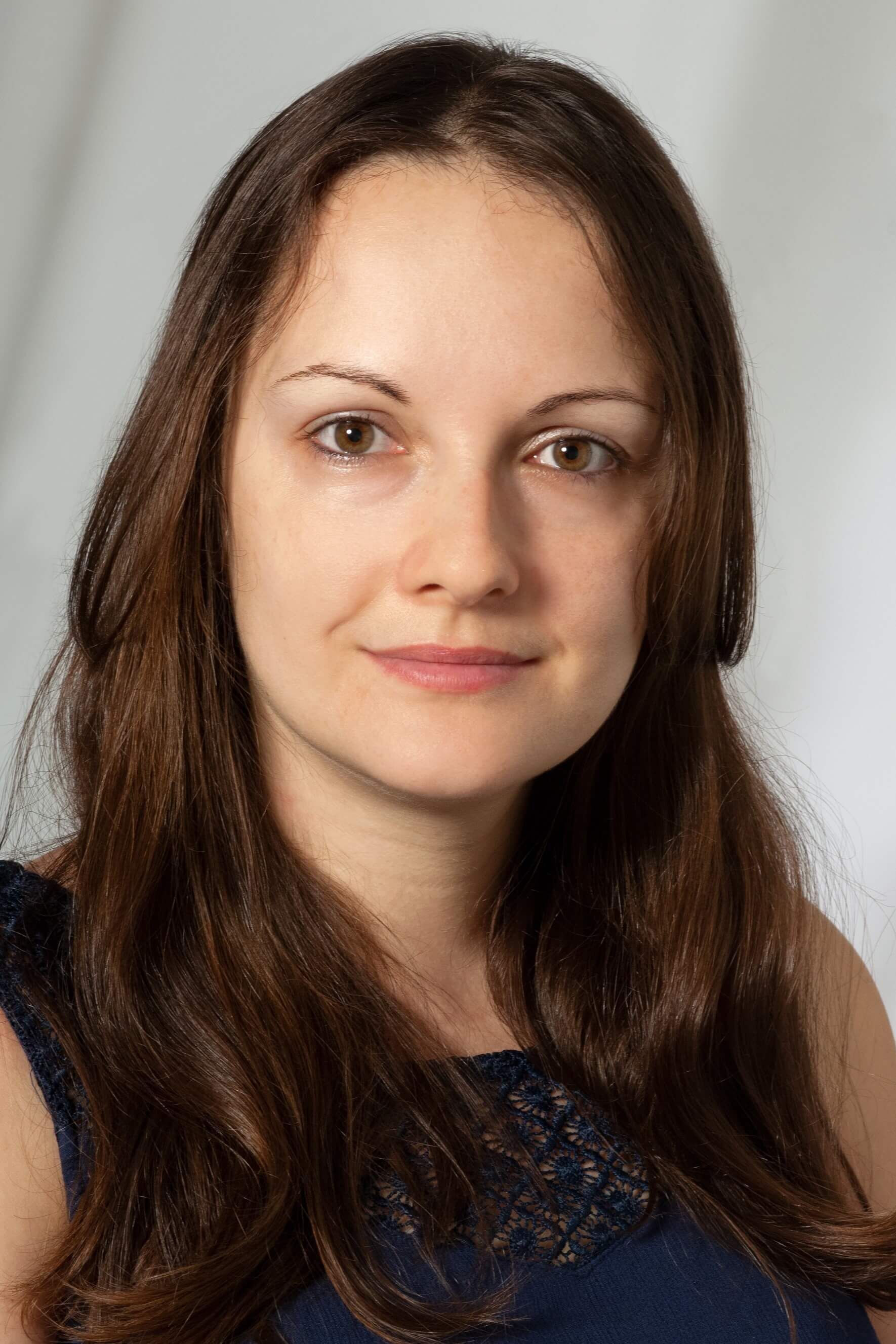
Dr. rer. nat Maja Bencun, Postdoc
Maja.Bencun(at)med.uni-heidelberg.de
Maja is a Postdoc in our lab. She is interested in post-transcriptional gene expression control, uORF-encoded microproteins and molecular networks of cardiac diseases. She is working as a wetlab scientist on the intersection to the bioinformatics department.
________________________________________________________________

Dr. rer. nat. Dr. med. Christoph Sandmann, Postdoc
Christoph.Sandmann(at)med.uni-heidelberg.de
Christoph is a postdoc and has been working in the lab since 2014. He completed his MD and PhD in the Völkers lab and is interested in topics related to RNA biology, cardiac genetics and molecular mechanisms of cardiac remodeling. Additionally he is passionately studying the biological bases of pediatric cardiac diseases.
________________________________________________________________

Dr. rer. nat. Steve Grein, Postdoc
Steve.Grein(at)med.uni-heidelberg.de
Steve finished his PhD on cardiac endothelial derived lncRNAS in 2023 in Mannheim and joined our lab in October 2024. He is now working on the potential therapeutic use of modified mRNAs delivered in cell-type specific targeting nanoparticles.
________________________________________________________________
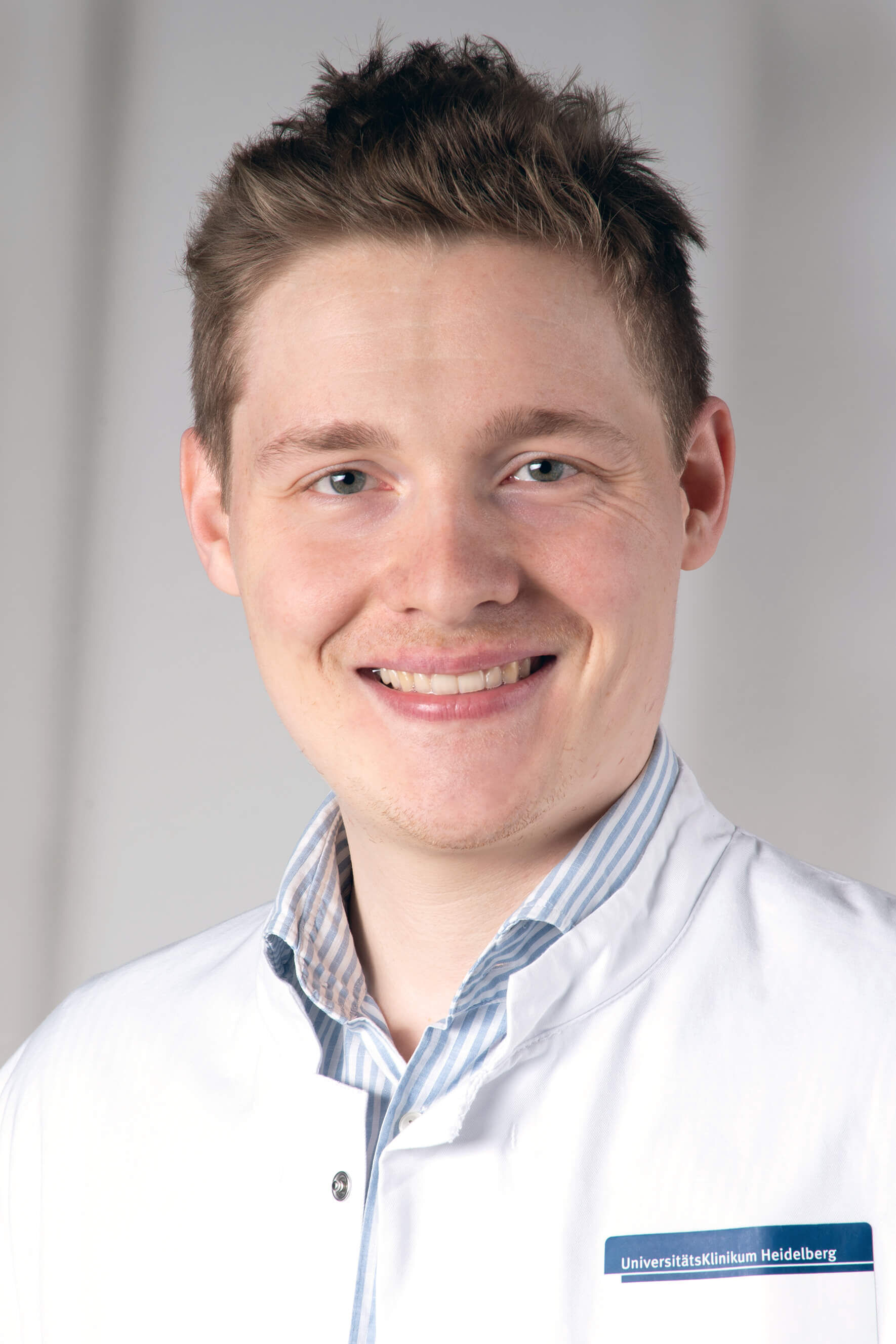
Dr. med. Jan Phillipp Schütte
JanPhilipp.Schuette(at)med.uni-heidelberg.de
Jan Philipp is a clinician scientist and cardiologist in training in the Clinic for Cardiology, Angiology and Pneumology. He is working as a Postdoc in our lab, studying the secretome in different cardiovascular disease models aiming to uncover mediators of inter-organ-crosstalk and therapeutic relevance.
Technical Assistants
PhD Students
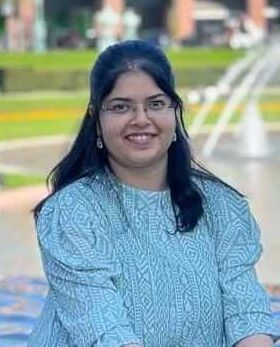
Parul Gupta
Parul is a third/fourth year PhD student enrolled with HBIGS. Her project is studying the role of the transcription factor Zeb1 in cardiomyocytes.

Dimitrios Destounis
Dimitris is in his second year of his PhD and working on unconventional RNA binding proteins in the heart.
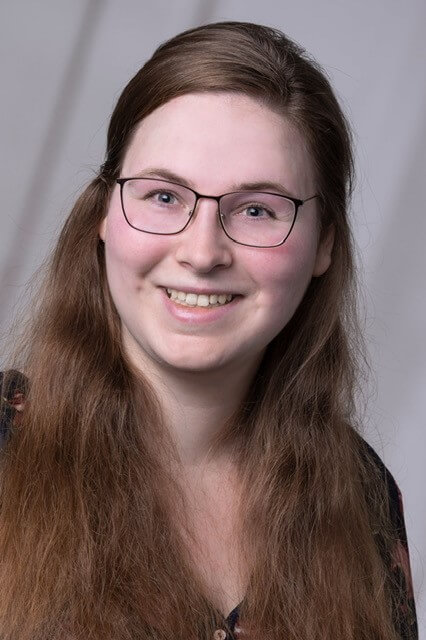
Patrizia Kühne
Patrizia joined our lab in December 2023. She is working on the mTORC pathway in heart failure with preserved rejection fraction
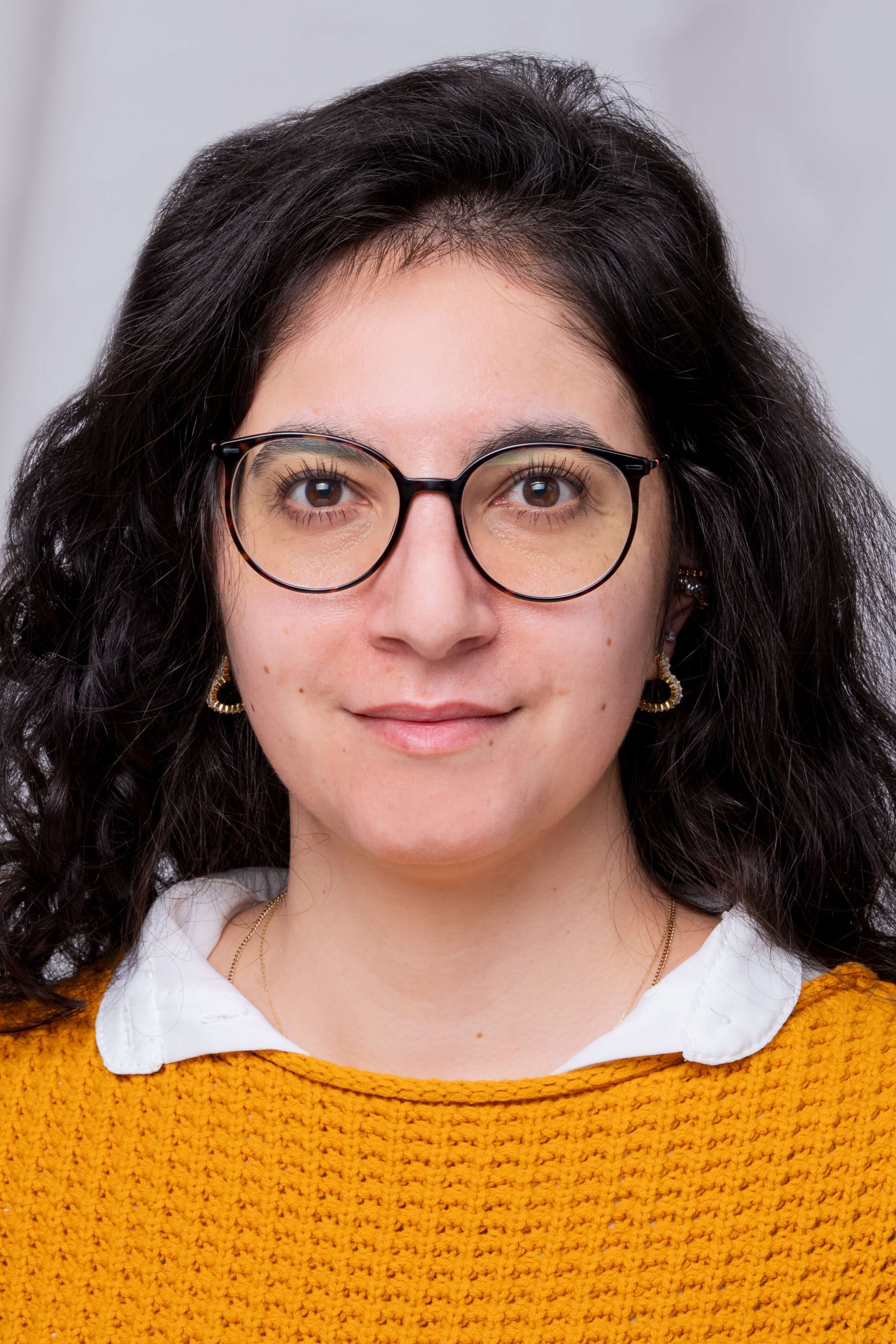
Mediha-Laura Kimyonok
Mediha started as a PhD student in our lab in October 2024. She is working on the TSC complex in the heart and liver-heart communication.
Projects
1. MTORC1
Characterization of mTOR signaling in the heart
One important aspect of the molecular remodeling process in heart failure are changes of the myocardial energy metabolism. Substrate utilization of the heart is generally dysregulated in HF and is characterized by changes in multiple metabolic substrates, including FAs, amino acids, ketones, and glucose. A nodal point of anabolism, glucose and lipid metabolism is the nutrient-sensing mechanistic Target Of Rapamycin Complex 1 (mTORC1), an conserved kinase complex. mTORC1 activation controls translational of specific networks of mRNAs that are required to stress adaptation and metabolic remodeling. Since inhibition of mTORC1 in cardiomyocytes is protective against the development of HF, suggesting that mTORC1 could be a promising molecular target for treatment of HF, our studies aim to comprehensively characterize mTORC1-dependent signaling on translational control, metabolism and cardiac function in different cardiac cells.
Publications:
Transient Inhibition of Translation Improves Cardiac Function After Ischemia/Reperfusion by Attenuating the Inflammatory Response
Christoph Hofmann, Adrian Serafin, Ole M. Schwerdt, Johannes Fischer, Florian Sicklinger, Fereshteh S. Younesi, Nikole J. Byrne, Ingmar S. Meyer, Ellen Malovrh, Clara Sandmann, Lonny Jürgensen, Verena Kamuf-Schenk, Claudia Stroh, Zoe Löwenthal, Daniel Finke, Etienne Boileau, Arica Beisaw, Heiko Bugger, Mandy Rettel, Frank Stein, Hugo A. Katus, Tobias Jakobi, Norbert Frey, Florian Leuschner, Mirko Völkers
Circulation, 2024 Aug
Translational control of Ybx1 expression regulates cardiac function in response to pressure overload in vivo
Eshita Varma, Jana Burghaus, Thomas Schwarzl, Thileepan Sekaran, Parul Gupta, Agnieszka A. Górska, Christoph Hofmann, Claudia Stroh, Lonny Jürgensen, Verena Kamuf-Schenk, Xue Li, Rebekka Medert, Florian Leuschner, Vivien Kmietczyk, Marc Freichel, Hugo A. Katus, Matthias W. Hentze, Norbert Frey, Mirko Völkers
Basic Research in Cardiology, vol. 118, 2023 Jun, p. 25
Muscle-specific Cand2 is translationally upregulated by mTORC1 and promotes adverse cardiac remodeling
Agnieszka A. Górska, Clara Sandmann, Eva Riechert, Christoph Hofmann, Ellen Malovrh, Eshita Varma, Vivien Kmietczyk, Julie Ölschläger, Lonny Jürgensen, Verena Kamuf-Schenk, Claudia Stroh, Jennifer Furkel, Mathias H. Konstandin, Carsten Sticht, Etienne Boileau, Christoph Dieterich, Norbert Frey, Hugo A. Katus, Shirin Doroudgar, Mirko Völkers
EMBO reports, vol. 22, 2021 Dec, pp. e52170
PRAS40 suppresses atherogenesis through inhibition of mTORC1-dependent pro-inflammatory signaling in endothelial cells
Kevin Sun Zhang, Johannes Schecker, Alexandros Krull, Eva Riechert, Lonny Jürgensen, Verena Kamuf-Schenk, Jana Burghaus, Leon Kiper, Thanh Cao Ho, Kerstin Wöltje, Verena Stangl, Hugo A. Katus, Karl Stangl, Mirko Völkers, Till F. Althoff
Scientific Reports, vol. 9, 2019 Nov, p. 16787
2. RNA BINDING PROTEINS
Riboregulation in cardiomyocytes
Several of our projects try to elucidate how RNA binding proteins (RBPs) are involved in pathological processes that lead to heart failure by affecting the gene expression of cardiomyocytes. We aim to identify novel RBPs in cardiomyocytes and are interested in the pathways that lead to changes in the binding behaviors of the RBPs. We are also interested in so called unconventional RNA-binding proteins, which often lack classical RNA-binding domains and aim to address the effect of RNA binding (‘riboregulation’) on established aspects of the protein functions.
Publications:
RNA-binding proteins in cardiovascular biology and disease: the beat goes on
Mirko Völkers, Thomas Preiss, Matthias W. Hentze
Nature Reviews Cardiology, vol. 21, 2024 Jun, pp. 361--378
Ythdf2 regulates cardiac remodeling through its mRNA target transcripts
V. Kmietczyk, J. Oelschläger, P. Gupta, E. Varma, S. Hartl, J. Furkel, M. Konstandin, A. Marx, Z. Loewenthal, V. Kamuf-Schenk, L. Jürgensen, C. Stroh, A. Gorska, A. Martin-Garrido, J. Heineke, T. Jakobi, N. Frey, M. Völkers
Journal of Molecular and Cellular Cardiology, vol. 181, 2023 Aug, pp. 57—66
Translational control of Ybx1 expression regulates cardiac function in response to pressure overload in vivo
Eshita Varma, Jana Burghaus, Thomas Schwarzl, Thileepan Sekaran, Parul Gupta, Agnieszka A. Górska, Christoph Hofmann, Claudia Stroh, Lonny Jürgensen, Verena Kamuf-Schenk, Xue Li, Rebekka Medert, Florian Leuschner, Vivien Kmietczyk, Marc Freichel, Hugo A. Katus, Matthias W. Hentze, Norbert Frey, Mirko Völkers
Basic Research in Cardiology, vol. 118, 2023 Jun, p. 25
Identification of dynamic RNA-binding proteins uncovers a Cpeb4-controlled regulatory cascade during pathological cell growth of cardiomyocytes
Eva Riechert, Vivien Kmietczyk, Frank Stein, Thomas Schwarzl, Thileepan Sekaran, Lonny Jürgensen, Verena Kamuf-Schenk, Eshita Varma, Christoph Hofmann, Mandy Rettel, Kira Gür, Julie Ölschläger, Friederike Kühl, Judit Martin, Marta Ramirez-Pedraza, Mercedes Fernandez, Shirin Doroudgar, Raúl Méndez, Hugo A. Katus, Matthias W. Hentze, Mirko Völkers
Cell Reports, vol. 35, 2021 May, p. 109100
3. MRNA METABOLISM
Developing molecular therapies
By using high-throughput technologies such as Ribosomal-sequencing and other (RNA based) sequencing techniques we aim to identify new pathways and target genes that drive the development of heart failure, cardiac remodeling and hypertrophy with the overall goal to develop molecular therapies. Using transcriptome and translatome mapping approaches we also study new, cardiac, (small) open reading frames (ORFs), their putative peptides and their potential regulatory role in cardiomyocytes and other cardiac cells.
Publications:
Transient Inhibition of Translation Improves Cardiac Function After Ischemia/Reperfusion by Attenuating the Inflammatory Response
Christoph Hofmann, Adrian Serafin, Ole M. Schwerdt, Johannes Fischer, Florian Sicklinger, Fereshteh S. Younesi, Nikole J. Byrne, Ingmar S. Meyer, Ellen Malovrh, Clara Sandmann, Lonny Jürgensen, Verena Kamuf-Schenk, Claudia Stroh, Zoe Löwenthal, Daniel Finke, Etienne Boileau, Arica Beisaw, Heiko Bugger, Mandy Rettel, Frank Stein, Hugo A. Katus, Tobias Jakobi, Norbert Frey, Florian Leuschner, Mirko Völkers
Circulation, 2024 Aug
RNA-binding proteins in cardiovascular biology and disease: the beat goes on
Mirko Völkers, Thomas Preiss, Matthias W. Hentze
Nature Reviews Cardiology, vol. 21, 2024 Jun, pp. 361--378
Dynamic interplay between RPL3- and RPL3L-containing ribosomes modulates mitochondrial activity in the mammalian heart
Ivan Milenkovic, Helaine Graziele Santos Vieira, Morghan C. Lucas, Jorge Ruiz-Orera, Giannino Patone, Scott Kesteven, Jianxin Wu, Michael Feneley, Guadalupe Espadas, Eduard Sabidó, Norbert Hübner, Sebastiaan van Heesch, Mirko Völkers, Eva Maria Novoa
Nucleic Acids Research, vol. 51, 2023 Jun, pp. 5301--5324
TIP30 counteracts cardiac hypertrophy and failure by inhibiting translational elongation
Andrea Grund, Malgorzata Szaroszyk, Mortimer Korf-Klingebiel, Mona Malek Mohammadi, Felix A Trogisch, Ulrike Schrameck, Anna Gigina, Christopher Tiedje, Matthias Gaestel, Theresia Kraft, Jan Hegermann, Sandor Batkai, Thomas Thum, Andreas Perrot, Cris dos Remedios, Eva Riechert, Mirko Völkers, Shirin Doroudgar, Andreas Jungmann, Ralf Bauer, Xiaoke Yin, Manuel Mayr, Kai C Wollert, Andreas Pich, Hua Xiao, Hugo A Katus, Johann Bauersachs, Oliver J Müller, Joerg Heineke
EMBO Molecular Medicine, vol. 11, 2019 Oct, pp. e10018
Monitoring Cell-Type-Specific Gene Expression Using Ribosome Profiling In Vivo During Cardiac Hemodynamic Stress
Shirin Doroudgar, Christoph Hofmann, Etienne Boileau, Brandon Malone, Eva Riechert, Agnieszka A. Gorska, Tobias Jakobi, Clara Sandmann, Lonny Jürgensen, Vivien Kmietczyk, Ellen Malovrh, Jana Burghaus, Mandy Rettel, Frank Stein, Fereshteh Younesi, Ulrike A. Friedrich, Victoria Mauz, Johannes Backs, Günter Kramer, Hugo A. Katus, Christoph Dieterich, Mirko Völkers
Circulation Research, vol. 125, 2019 Aug, pp. 431--448
m6A-mRNA methylation regulates cardiac gene expression and cellular growth
Vivien Kmietczyk, Eva Riechert, Laura Kalinski, Etienne Boileau, Ellen Malovrh, Brandon Malone, Agnieszka Gorska, Christoph Hofmann, Eshita Varma, Lonny Jürgensen, Verena Kamuf-Schenk, Janine Altmüller, Rewati Tappu, Martin Busch, Patrick Most, Hugo A. Katus, Christoph Dieterich, Mirko Völkers
Life Science Alliance, vol. 2, 2019 Apr
Fundings
We gratefully acknowledge funding from current and previous sources.
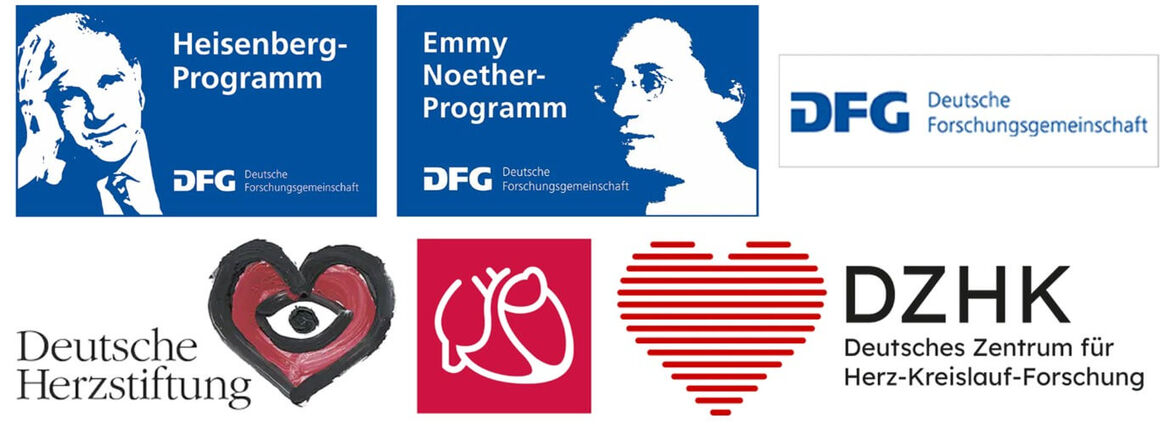
Collaborators
UNIVERSITÄT HEIDELBERG
Prof. Matthias Hentze, EMBL, Heidelberg, Germany
Prof. Florian Leuschner, Heidelberg, Germany
Prof. Bernd Bukau, ZMBH, Heidelberg, Germany
Prof. Christoph Dieterich, University Hospital Heidelberg, Germany
Prof. Jörg Heineke, University Hospital Mannheim, Germany
Prof. Jürgen Schrader, University Hospital Düsseldorf, Germany
Prof. Marc Freichel, University Heidelberg, Germany
INTERNATIONAL
Prof. Raul Mendez, Barcelona Institute of Science and Technology, Barcelona, Spain
Prof. Tobias Jakobi, University of Phoenix, USA
Vacancies - Jobs and Doctoral Theses
We regularly seek highly motivated candidates. Please write an E-mail to Labor-voelkers.med3(at)med.uni-heidelberg.de
- Arbeitsgruppen
- Klinisches Studienzentrum
- Sektion Kardio-Onkologie
- Section of Molecular and Translational Cardiology
- Sektion Internistische Intensivmedizin
- Klaus-Tschira-Institut für Computerkardiologie
- Heisenberg Professur für Immunkardiologie (W3)
- Heisenberg professorship for mRNA metabolismus
- Jun. Professur für Künstliche Intelligenz in der Kardiovaskulären Medizin
- Pregnancy Heart Team: Kardiologie der Schwangerschaft
- DZHK-Standort Heidelberg/Mannheim
- Heidelberg CardioBiobank (HCB)
- Scientific Management and Coordination Unit (SMCU)
- Institut für experimentelle Kardiologie
Contact
Heisenberg Professur for mRNA Metabolismus
Im Neuenheimer Feld 669
69120 Heidelberg
Labor-voelkers.med3(at)med.uni-heidelberg.de
06221 56-8319
